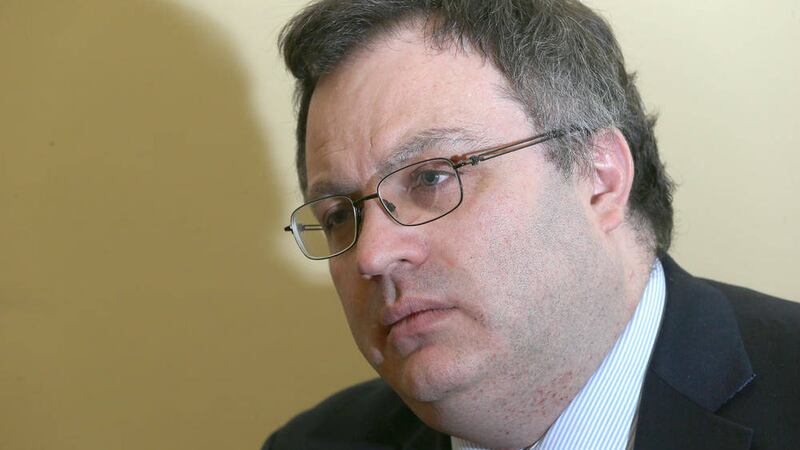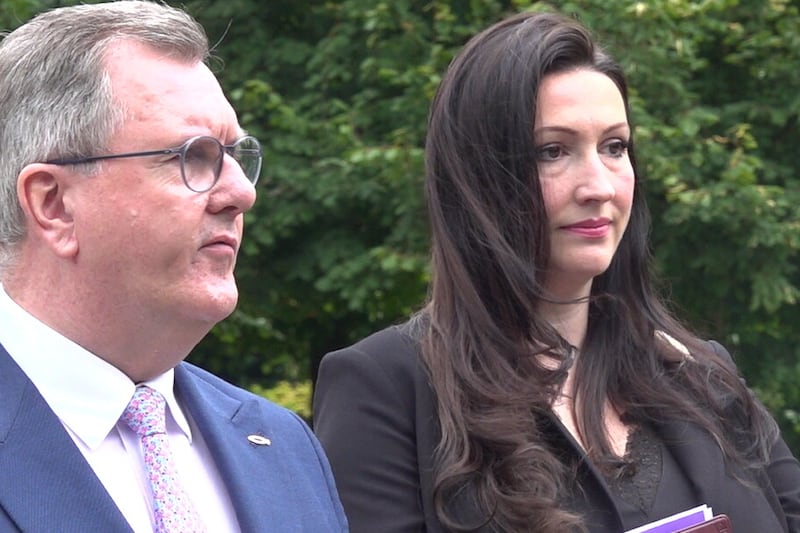THE higher education minister has detailed how his review of the north's "untenable" university funding system, which could see fees spiral, will work.
A two-stage `conversation' about the future financial sustainability of higher education is to be launched in September.
Dr Stephen Farry says continuing disinvestment in third-level education is a serious issue the Executive needs to address.
The status quo, he said, led to reduced student and staff places, and a shrinking higher education sector.
The minister said the north's system was worse off than England by a massive £48 million a year. Institutions in England are not as reliant on government funding because they can charge much higher fees and caps on places, that remain in the north, have been lifted.
The Department for Employment and Learning's (DEL) budget has been reduced by £62m this year, and higher education funding has fallen from £203m to £186m. Ulster and Queen's universities have announced staff and student cuts as a result.
It is in this context that Dr Farry is planning a "conversation about the future financial sustainability of higher education".
With Stormont finances expected become even tighter, it is feared a rise in tuition fees may be the only available source of extra income.
Tuition fees in the north are already creeping towards £4,000 a year. The Irish News last month revealed that the Executive breached one of its own key commitments by approving a fee rise that was three times the rate of inflation.
The Higher Education Big Conversation will involve two stages.
The first will focus on "promoting the value of higher education to individuals, the economy and wider society". It will also outline how the existing higher education funding system works and the challenges facing the sector.
The second stage, informed by stage one will be "similar to a public consultation" where DEL will seek "opinions and solutions from key stakeholders and the wider public as to how Northern Ireland can secure a financial sustainable higher education sector in the future".
Although DEL will not be putting forward specific policy proposals, "it does welcome all options being open for debate and discussion based on the evidence that will be presented".
It is intended that the findings of this wider conversation will shape the department's higher education bids for the next comprehensive spending review period and future policy decisions.
"Northern Ireland's higher education sector is already underfunded in comparison to the sector in England to the tune of £48m per annum - teaching and research funding," Dr Farry said.
"A £16m reduction as a result of the 2015/16 budget will directly impact student and staff places.
"In this incoming academic year there will be 540 fewer undergraduate places for prospective students and 446 staff posts have been lost across the sector. And it is not just in this academic year alone: over the next three years a total of 2,200 undergraduate places will be lost. Indeed, if budget reductions continue this situation will only worsen."








